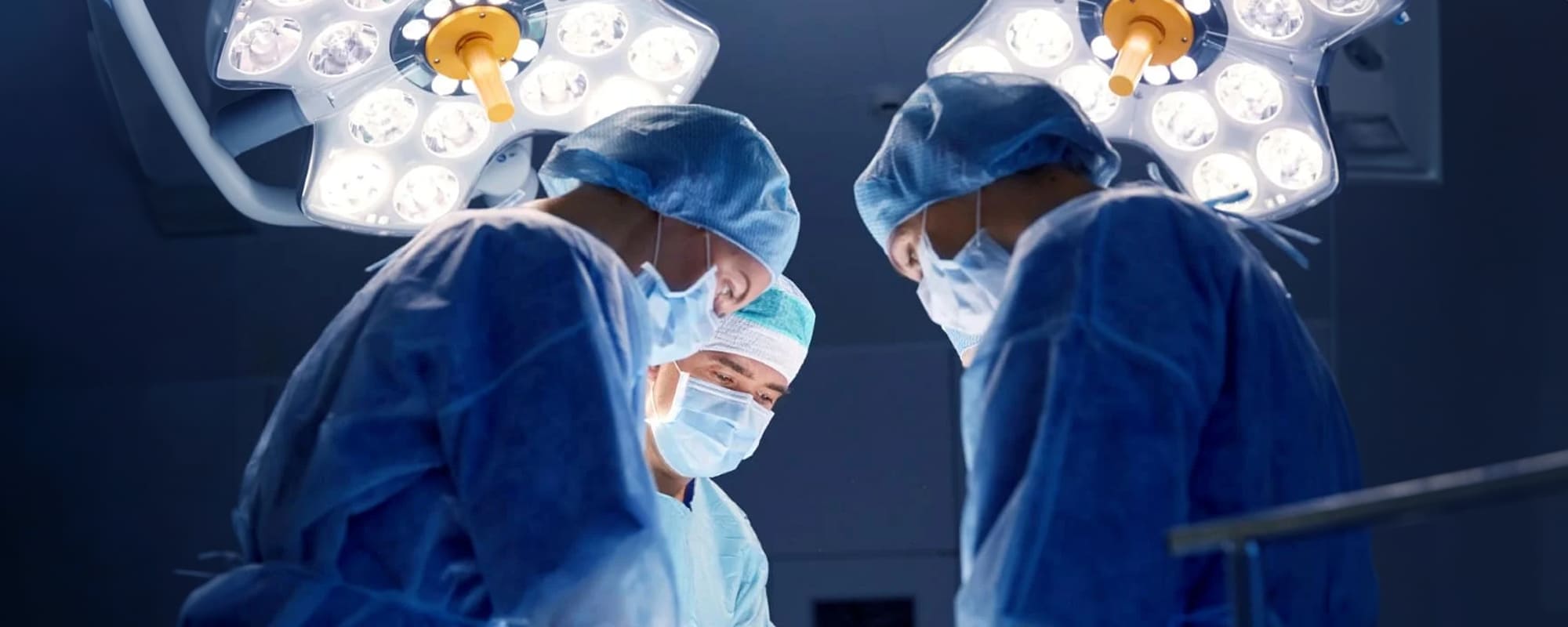CT SURGERY
CT Surgery:
Cardiothoracic surgery, often abbreviated as CT surgery, is a specialized field of surgery that deals with the treatment of diseases affecting the organs inside the thoracic (chest) cavity, including the heart, lungs, and esophagus. Here's some content that covers key aspects of cardiothoracic surgery:
Overview of Cardiothoracic Surgery:
Cardiothoracic surgery is a subspecialty of surgery that involves procedures on the organs within the thoracic cavity, such as the heart, lungs, and esophagus. It encompasses a wide range of surgical interventions to treat conditions ranging from congenital heart defects to acquired diseases.
Common Cardiothoracic Procedures:
Coronary Artery Bypass Grafting (CABG): A surgical procedure that addresses coronary artery disease by bypassing blocked or narrowed coronary arteries to improve blood flow to the heart.
Valve Replacement or Repair: Surgery to replace or repair damaged heart valves, which play a crucial role in regulating blood flow within the heart.
Lung Resection: Removal of part or all of a lung to treat conditions such as lung cancer or infections.
Aortic Aneurysm Repair: Surgical correction of an enlarged or weakened area of the aorta, the main artery that carries blood from the heart.
Minimally Invasive Techniques:
Advances in technology have led to the development of minimally invasive approaches in cardiothoracic surgery. This includes video-assisted thoracoscopic surgery (VATS) and robotic-assisted surgery, which often result in smaller incisions, reduced pain, and faster recovery for patients.
Cardiac Transplantation:
Cardiothoracic surgeons play a vital role in heart transplantation, a procedure performed for end-stage heart failure when other treatments are no longer effective. This involves replacing a diseased or failing heart with a healthy donor heart.
Congenital Heart Surgery:
Pediatric cardiothoracic surgeons specialize in treating congenital heart defects in children. These defects are present at birth and may require surgical intervention to correct structural abnormalities.
Postoperative Care and Rehabilitation:
Following cardiothoracic surgery, patients require specialized postoperative care and rehabilitation. This may include monitoring in intensive care units, respiratory therapy, and cardiac rehabilitation programs to optimize recovery.
Collaboration with Multidisciplinary Teams:
Cardiothoracic surgeons work closely with an interdisciplinary team, including cardiologists, anesthesiologists, perfusionists, and critical care nurses, to ensure comprehensive and coordinated care for patients.
Innovations in Cardiothoracic Surgery:
Ongoing research and technological advancements continually improve the field of cardiothoracic surgery. This includes the development of new surgical techniques, devices, and treatment modalities to enhance patient outcomes.
Patient Education and Support:
Educating patients about their conditions, treatment options, and postoperative care is essential in cardiothoracic surgery. Providing support to patients and their families throughout the surgical journey is crucial for overall well-being.
Tailor the content to your specific needs, whether it's for educational purposes, patient information, or professional development in the field of cardiothoracic surgery.








